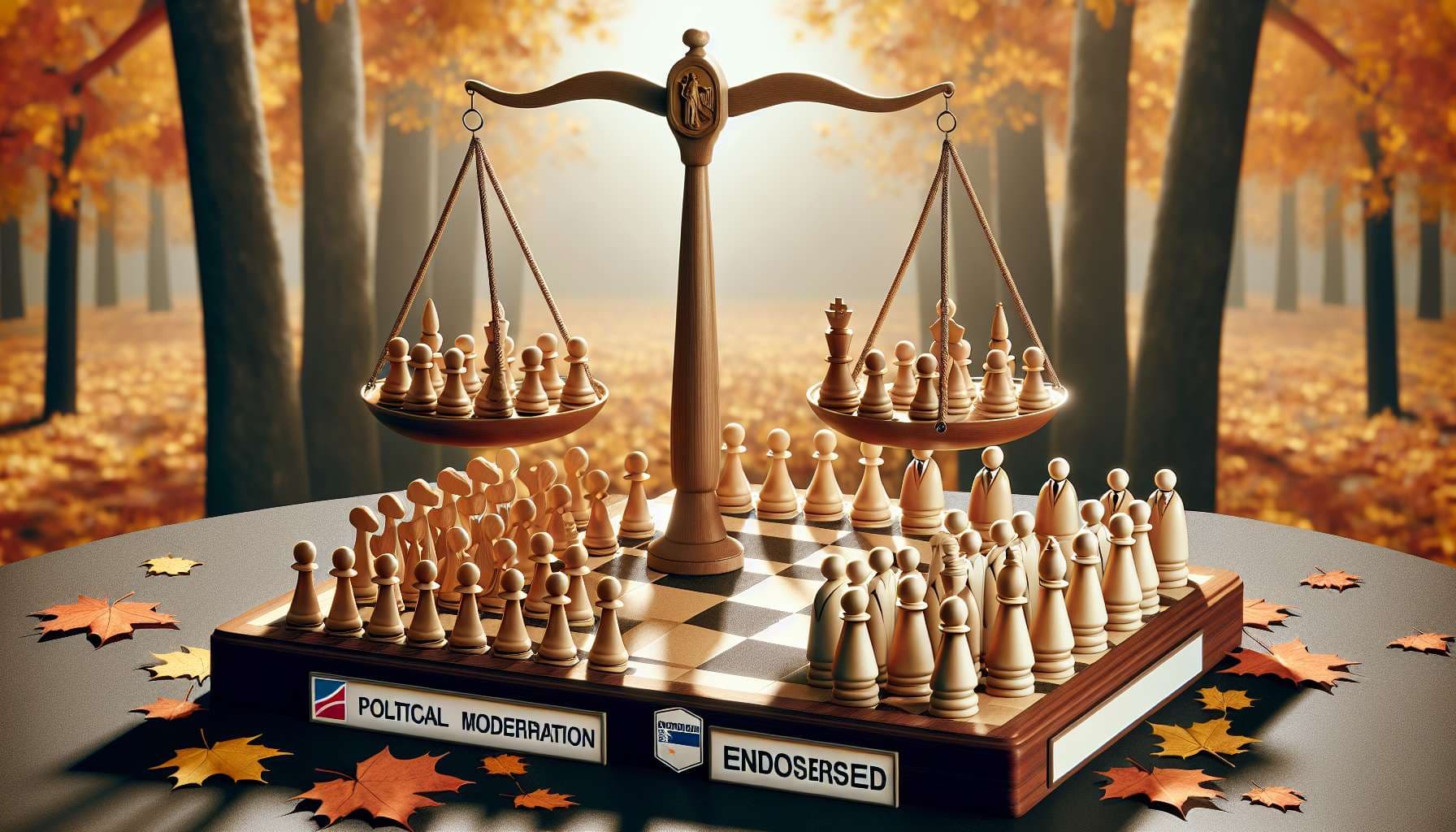
Moderates in SF politics are investing heavily in the DCCC race in March, on the theory that winning this body will allow them to make pivotal endorsements on behalf of the democratic party in November.
If the SF dems for change https://www.sfdemocratsforchange.org/ win a majority on the DCCC, how many of the candidates for the board of supervisors endorsed by the DCCC will win their supervisor races in November?
All resolve to N/A if SF dems for change do not win a majority.
🏅 Top traders
| # | Trader | Total profit |
|---|---|---|
| 1 | Ṁ123 | |
| 2 | Ṁ39 | |
| 3 | Ṁ24 | |
| 4 | Ṁ18 | |
| 5 | Ṁ6 |
People are also trading
For my convenience, the races that will sum up to an outcome here. https://www.sfdemocrats.org/voting/endorsements/2024/nov5general shows DCCC endorsements.
D1 (Chan losing almost certainly means DCCC endorsee Marjan Philhour wins as other candidates don't seem competitive)
D3 (DCCC endorsee is Sauter)
D5 (DCCC endorsee is Mahmood)
D7 (DCCC endorsee is Melgar; note this is the only district in which TogetherSF Action and GrowSF endorsements completely differ from DCCC; they each endorsed Boschetto; I imagine people counting "moderate" wins will count this race as a win or not at their whim)
D9 (DCCC endorsees are #1 Chandler #2 Hernandez; neither GSF nor TSFA endorse Hernandez but their clear priority is not re-electing Fielder)
D11 (DCCC endorsee is Lai)
So given current state of the above markets, and assuming outcomes are uncorrelated (obviously wrong), the expected value is
E[X]=0.55+0.36+0.33+0.57+0.28+0.36=2.45
Variance(X)=1.3761
Var(X)=0.55(1−0.55)+0.36(1−0.36)+0.33(1−0.33)+0.57(1−0.57)+0.28(1−0.28)+0.36(1−0.36) Var(X)=0.55×0.45+0.36×0.64+0.33×0.67+0.57×0.43+0.28×0.72+0.36×0.64\text{Var}(X) = 0.55 \times 0.45 + 0.36 \times 0.64 + 0.33 \times 0.67 + 0.57 \times 0.43 + 0.28 \times 0.72 + 0.36 \times 0.64Var(X)=0.55×0.45+0.36×0.64+0.33×0.67+0.57×0.43+0.28×0.72+0.36×0.64 Var(X)=0.2475+0.2304+0.2211+0.2451+0.2016+0.2304\text{Var}(X) = 0.2475 + 0.2304 + 0.2211 + 0.2451 + 0.2016 + 0.2304Var(X)=0.2475+0.2304+0.2211+0.2451+0.2016+0.2304 Var(X)=1.3761\text{Var}(X) = 1.3761
SD=sqrt(1.376) ≈ 1.17
Since the outcomes are surely correlated, the actual SD is probably significantly larger. But I don't think there are any questions that would indicate what the correlation between candidates is; let's say between every pair of candidates it's 0.3. The variance would then be 2.4516 and standard deviation ≈ 1.57.
Also, rank from most to least likely DCCC endorsee to win:
0.57 Melgar (D7; again this is the one DCCC and TSFA/GSF disagree on)
0.55 Philhour (D1)
0.36 Sauter (D3)
0.36 Lai (D11)
0.36 Chander (0.28) or Hernandez (0.08) (D9) (whoops I didn't account for Hernandez in EV calc above, should be 2.53 instead of 2.45)
0.33 Mahmood
Though I suspect what many people will be focusing on rather than DCCC endorsements is whether the most left wing major candidate wins or loses. Here are the probabilities of wins, given state of above questions, based on my understanding of who is perceived as the most left wing major candidate in each election:
0.45 (D1; Chan)
0.24 (D3; Lai)
0.53 (D5; Preston)
0.57 (D7; Melgar)
0.53 (D9; Fielder)
0.22 (D11; Chen)
As noted above DCCC endorsed Melgar in D7 so probably not that left wing (calibrated for SF of course!). For D11 Chen seems to have the most left endorsements but the other candidates (Jones and Chisti) also seem relatively left aligned, so maybe only a Lai win would be counted as a non-left win, in which case it's 0.64 for left wing D11 instead of 0.22.
Left EV is 2.54, or 2.96 if all non-Lai D11 candidates considered left.